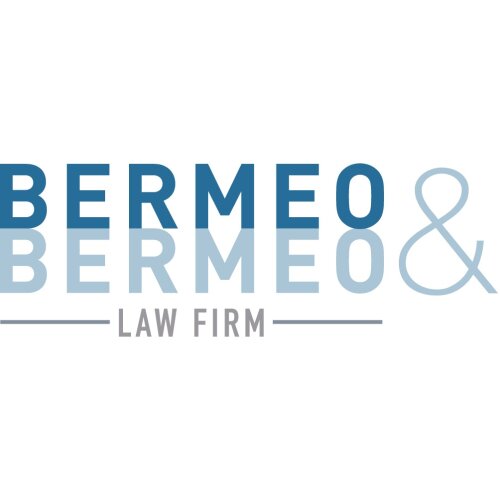Best Licensing Lawyers in Quito
Share your needs with us, get contacted by law firms.
Free. Takes 2 min.
List of the best lawyers in Quito, Ecuador
About Licensing Law in Quito, Ecuador
Licensing law in Quito, Ecuador, revolves around regulating the issuance of various business, professional, real estate, and intellectual property licenses. Whether you are seeking to establish a new enterprise, engage in a particular profession, or exploit your creative works, the law necessitates that you obtain the requisite permit. Licenses involve ongoing compliance with local ordinances and industry-specific regulations. Non-compliance could result in penalties, or worse, revocation of the license.
Why You May Need a Lawyer
Most licensing procedures require comprehensive paperwork and a thorough understanding of industry-specific, local, and national regulations. Issues might arise in understanding the guidelines, the rights protected by the permit, or the obligations it imposes. If the license is associated with intellectual property rights, negotiations may also be necessary. Failure to properly understand and fulfill these requirements may lead to legal issues or jeopardize the sustainability of your business. Therefore, engaging a lawyer with expertise in Quito's licensing laws can be pivotal.
Local Laws Overview
Quito’s licensing laws are intricate and differ depending on the type of license. Key aspects include procedural compliances for license applications, ongoing regulatory requirements, license renewals, consequences of non-compliance, and specifics related to foreign business entities. Intellectual property licenses involve additional complexities surrounding copyright, patents, trademarks, and often international treaties. Understanding these aspects is crucial to prevent legal complications.
Frequently Asked Questions
1. Do foreign entities need local licenses to operate in Quito?
Yes, foreign entities must acquire appropriate licenses conforming to local regulations. Expert legal advice can help navigate this process.
2. What are the penalties for non-compliance with licensing laws?
Penalties can range from financial fines to revocation of the license, depending on the nature and severity of the violation.
3. Can a license be transferred or sold to another business or individual?
The license's transferability will depend on its type and the terms assigned during issuance. Some licenses may be transferable under certain conditions.
4. How regularly do licenses need to be renewed?
Renewal periods differ based on the type of license. Some may require yearly renewal, while others have longer validity periods.
5. Is it necessary to engage a lawyer for licensing procedures?
Though not mandatory, it is highly advisable due to the complex nature of licensing laws and the potential legal issues that could arise due to non-compliance.
Additional Resources
The Ecuadorian Intellectual Property Institute (IEPI), the Internal Revenue Service of Ecuador (SRI), and Quito's City Planning Department are crucial resources. Websites like ProEcuador and The Official Government Website of Ecuador provide valuable information as well.
Next Steps
If you need legal assistance regarding licensing in Quito, start by engaging a local lawyer or a law firm with a specialty in Ecuador's licensing regulations. They will guide you through the relevant documents, procedures, legal implications, and preventive measures based on your specific requirements.
Lawzana helps you find the best lawyers and law firms in Quito through a curated and pre-screened list of qualified legal professionals. Our platform offers rankings and detailed profiles of attorneys and law firms, allowing you to compare based on practice areas, including Licensing, experience, and client feedback.
Each profile includes a description of the firm's areas of practice, client reviews, team members and partners, year of establishment, spoken languages, office locations, contact information, social media presence, and any published articles or resources. Most firms on our platform speak English and are experienced in both local and international legal matters.
Get a quote from top-rated law firms in Quito, Ecuador — quickly, securely, and without unnecessary hassle.
Disclaimer:
The information provided on this page is for general informational purposes only and does not constitute legal advice. While we strive to ensure the accuracy and relevance of the content, legal information may change over time, and interpretations of the law can vary. You should always consult with a qualified legal professional for advice specific to your situation.
We disclaim all liability for actions taken or not taken based on the content of this page. If you believe any information is incorrect or outdated, please contact us, and we will review and update it where appropriate.













